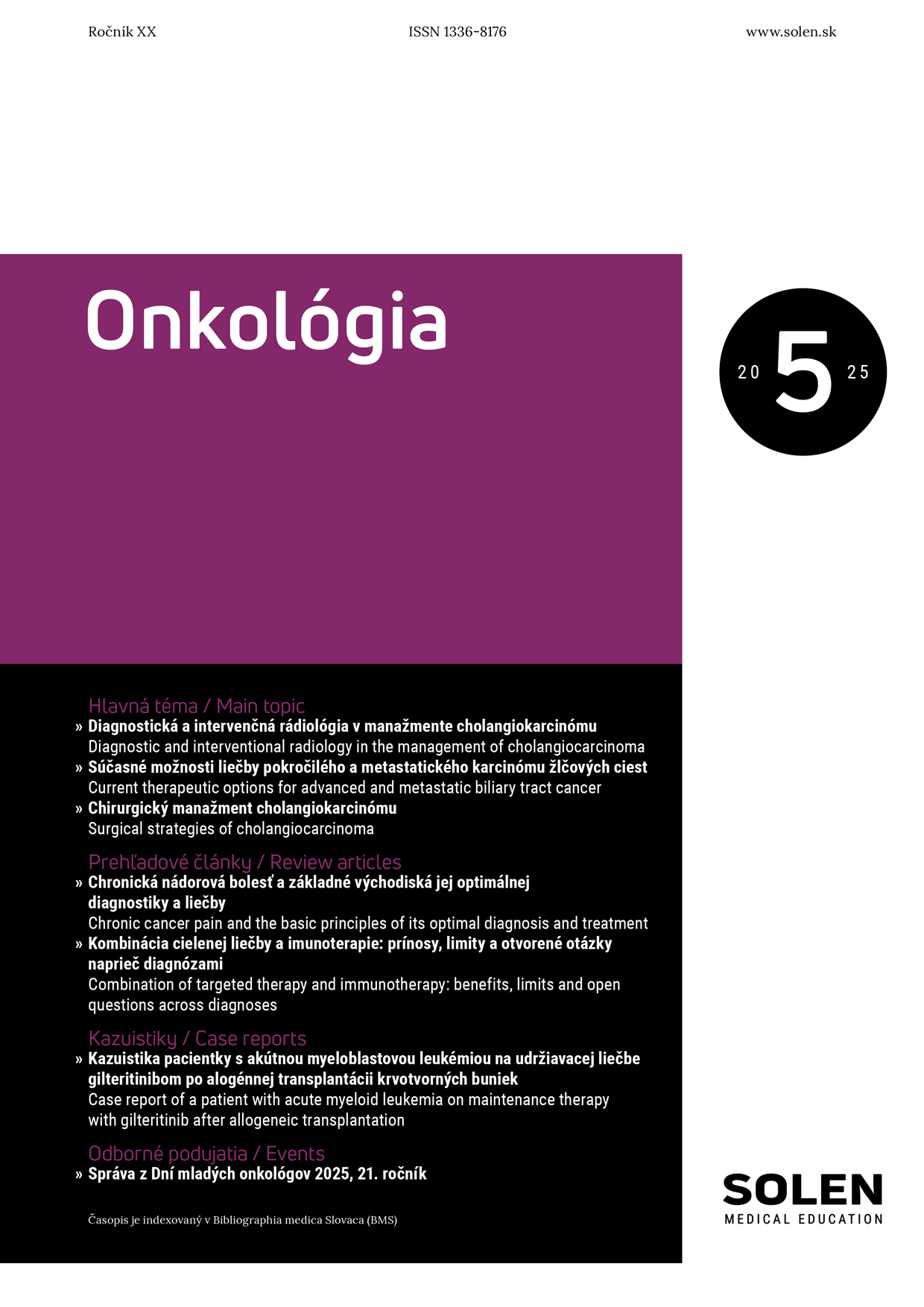Psychiatria pre prax 6/2009
Mechanizmus účinku agomelatínu – nový prístup k liečbe depresie
Agomelatín je najnovšie registrované antidepresívum, ktorého mechanizmus účinku je odlišný od doteraz používaných antidepresív. Agonisticky ovplyvňuje MT1 a MT2 melatonínové receptory a antagonizuje sérotonínové 5-HT2C receptory (5-HT – 5-hydroxytryptamín). Pôsobenie na melatonínové receptory ovplyvňuje procesy, ktoré sú viazané na cirkadiánnu rytmicitu, pre depresiu má klinicky najväčší význam ovplyvnenie spánkových rytmov. Antagonizmus 5-HT2C receptorov vedie k zvýšeniu hladín dopamínu a noradrenalínu v prefrontálnom kortexe. Výsledkom pôsobenia melatonínu je antidepresívny účinok, dá sa však očakávať aj širšie pôsobenie. Agomelatín bol registrovaný pre liečbu unipolárnej depresie na základe predloženej klinickej dokumentácie, ktorá preukázala jeho účinnosť a bezpečnosť. V Slovenskej republike prebieha v súčasnosti štúdia VALID. Výsledky štúdie prinesú sumarizované informácie o jeho použití v bežnej klinickej praxi.
Kľúčové slová: agomelatín, MT1 receptor, MT2 receptor, depresia, cirkadiánne rytmy
Mechanism of effect of agomelatine – the innovative approach to the treatment of depression
Agomelatine is the most recently registered antidepressatns with different mechanism of effect in comparison with other currently used antidepressants. It has agonistic properties to MT1 and MT2 melatonin receptors and it antagonizes serotonin 5-HT2C receptors (5-HT = 5-hydroxytryptamine). Activity on melatonin receptors has influence on processes connected with circadian rhythmicity from which the sleep rhythms are most important in depression. The result from antagonistic effect on 5-HT2C receptors is an increase of dopamine and noradrenalin levels in prefrontal cortex. All this properties are transformed to the antidepressive effect of agomelatine. Agomelatine was registered for the treatment of unipolar depression on the ground of clinical documentation from the studies in which the efficacy of agomelatine was demonstrated. In Slovakia the VALID phase IV study is recently in progress. The results from the study will bring about summarized information about the use of agomelatine in common clinical practice.
Keywords: agomelatine, MT1 receptor, MT2 receptor, depression, circadian rhythm

















